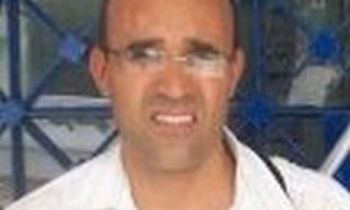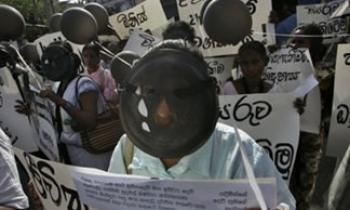Many Korean scientists appeared relieved yesterday as the dispute between Hwang Woo-suk's stem cell research team and MBC-TV was showing signs of subsiding after the TV station made an official apology on Sunday.
They were critical of the TV station as its staff attempted to verify the authenticity of the world-renowned cloning expert's scientific achievements.
They were united in the belief that scientific achievements can only be tested and approved by scientists, not by journalists who have no expertise or qualifications.
"Scientific results have traditionally been reassessed and verified within the scientific circle," says Cho Moo-je, president of Gyeongsang National University.
"Media organizations can raise the question of ethical breaches, but it is inappropriate for them to attempt to confirm the truth of scientific research," he added.
A similar view was expressed by an alliance of scientists to be launched today. "It was a tragedy that MBC producers, who are not scientists, went beyond raising ethical suspicions and attempted to establish the truth about Hwang's stem cell research," said the scientists in a statement. "The tragedy is the result of a lack of understanding of scientific research and an excessive journalistic enthusiasm."
They also called for follow-up measures to prevent the recurrence of the unfortunate journalistic overreach.
Other scientists said the scientific community has what they called a "self-examining" or "self-purifying" ability.
"In the world of science, a scientist's achievement is tested by other scientists through scientific papers," said Cho Wan-kyu, chairman of the Korea Bioindustry Association.
Generally, a scientific paper is tested one or two years after its publication as other scientists studying the same subject try to verify its main points before they embark on their own experiments.
Scientists say that if there do exist some problems in Hwang's papers published in the prestigious journal Science, it is up to other scientists, not journalists, to prove they were wrong.
In this sense, the disputes between Hwang's team and MBC producers were simply futile, they said.
"It is not good to be embroiled in useless disputes," says Chung Kun-mo, president of Myongji University.
Scientists also advised Dr. Hwang to resume research activities as early as possible and end all controversies by re-enacting the cloning breakthrough his team has achieved - the extraction of stem cells from patient-specific cloned human eggs.
Some scientists criticized the MBC producers for using threats against researchers of Hwang's team during interviews.
Seoul National University professor Lee Yong-soon commented that coercion was not supposed to be used in interviewing scientists.
"It ended well with MBC's public apologies for the grave ethical violations that its staff committed in preparing their report."
Some scientists also expressed concerns about the loss of trust that Korean scientists in general could suffer in the wake of the stem cell fuss.
"With this incident, I am concerned that Korean scientists might not get full trust from the global academic society in publicizing their results," Professor Kim Dong-wook of Yonsei University College of Medicine said.
Saying that this incident can be compared to the 'growing pains' of Korea's embryonic stem cell research, he hoped for more positive discussion and cooperation among scientists, experts in ethics and the press.









